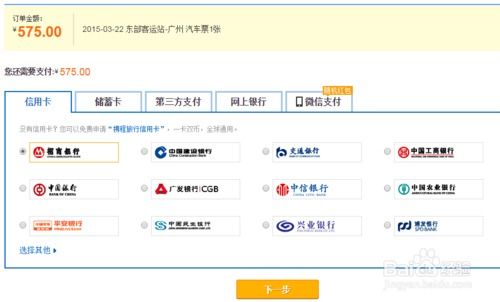Buying a used car can be a smart decision, offering cost savings and potentially a wider selection of vehicles. However, it requires careful consideration and research to ensure you get a reliable vehicle at a fair price. Here's a comprehensive guide to help you navigate the process:
1. Determine Your Budget
Before you start looking at specific cars, determine how much you can afford to spend. Consider not just the purchase price, but also ongoing expenses like insurance, maintenance, and fuel.
2. Research
Research is key to finding a good used car. Look into different makes and models that fit your needs and budget. Consider factors like fuel efficiency, reliability, and resale value. Websites like Edmunds, Kelley Blue Book, and Consumer Reports can provide valuable insights and reviews.
3. Check Vehicle History

Always check the vehicle's history report using its VIN (Vehicle Identification Number). Services like Carfax or AutoCheck can provide information about past accidents, service records, and whether the car has a salvage title.
4. Inspect the Car
Inspect the car thoroughly, both inside and out. Look for signs of damage, rust, or poor repairs. Test drive the vehicle to check for any unusual noises, vibrations, or handling issues.
5. Get a PrePurchase Inspection
Consider getting a prepurchase inspection from a trusted mechanic. They can identify any hidden problems that may not be apparent to the untrained eye.
6. Negotiate the Price
Once you've found a car you're interested in, negotiate the price with the seller. Use your research on similar models and any issues you've discovered during inspection to justify your offer.
7. Review the Paperwork
Before finalizing the purchase, review all the paperwork carefully. Make sure everything is in order, including the title, registration, and any warranty information.
8. Consider Financing Options
If you're financing the purchase, explore your options to find the best interest rates and terms. Get preapproved for a loan before you start shopping to have a better idea of your budget.
9. Finalize the Sale
Once you're satisfied with the price and paperwork, finalize the sale. Make sure to get a bill of sale and keep copies of all documents for your records.
10. Transfer Ownership
Complete the necessary paperwork to transfer ownership of the vehicle into your name. This typically involves signing the title and registering the car with your local Department of Motor Vehicles (DMV).
Buying a used car requires patience and due diligence, but with careful research and inspection, you can find a reliable vehicle that meets your needs and budget.







